History
Our history curriculum is based on the assumption that a pupil might go on to study the subject at university, require particular subject knowledge in their future career, or need particular subject knowledge or skills to enable them to be active members of society. As a result, the curriculum has been designed to be fit for that purpose.
Endpoint
The History department at Eastbrook School develops subject knowledge and skills within the wider school ‘Character and Academics’ approach to curriculum. We use the study of history to help pupils become persistent, courageous, organised, motivated and independent, building up their history knowledge and skills to help young people make wise choices when confronted with dilemmas today by learning how similar dilemmas were dealt with in the past. Pupils gain a coherent knowledge and understanding of Britain’s past and that of the wider world, inspiring pupils’ curiosity to know more about the past. Pupils are equipped to ask perceptive questions, think critically, weigh evidence, sift arguments, and develop perspective and judgement. To understand the complexity of people’s lives, the process of change, the diversity of societies and relationships between different groups, as well as their own identity and the challenges of their time.
Waypoints
Key Stage 1
By the end of Key Stage 1 the children study history from a wide array of viewpoints. From studies of particular areas and their developments to larger concepts for example the history and development of buildings. Key Stage 1 children develop the understanding that history is not place specific and that history has happened all around them and all around the world. They will also develop a good sense of where everyday objects and occurrences have their roots and origins. By the end of Key Stage 1, children are expected to be able to construct a timeline correctly, appropriately investigate and question a widening variety of sources (including artefacts) and use their growing knowledge of the time periods studied to meaningfully discuss the lives of significant individuals from the past.
Key Stage 2
By the end of Key Stage 2, the children are maturing and developing and as such the breadth of their study of history is widened even further. Children can clearly identify the areas of learning concerning the history of Great Britain and those that are associated with countries further afield. Studies undertaking the Vikings and Normans, inventions from around the world and through the ages to studies of the past of this country and others to an in-depth study of World War 2 showcase the wide variety and opportunity for history learning our curriculum offers. As well as building upon the skills picked up in Key Stage 1, children at the end of Key Stage 2 should be able to further use their knowledge, skills and understanding of history to gather, use and scrutinise their use of different sources as well as be able to identify the time period which they are concerning. They should also be able to start comparing time periods and recognise the cause and effect of different actions and events throughout time.

